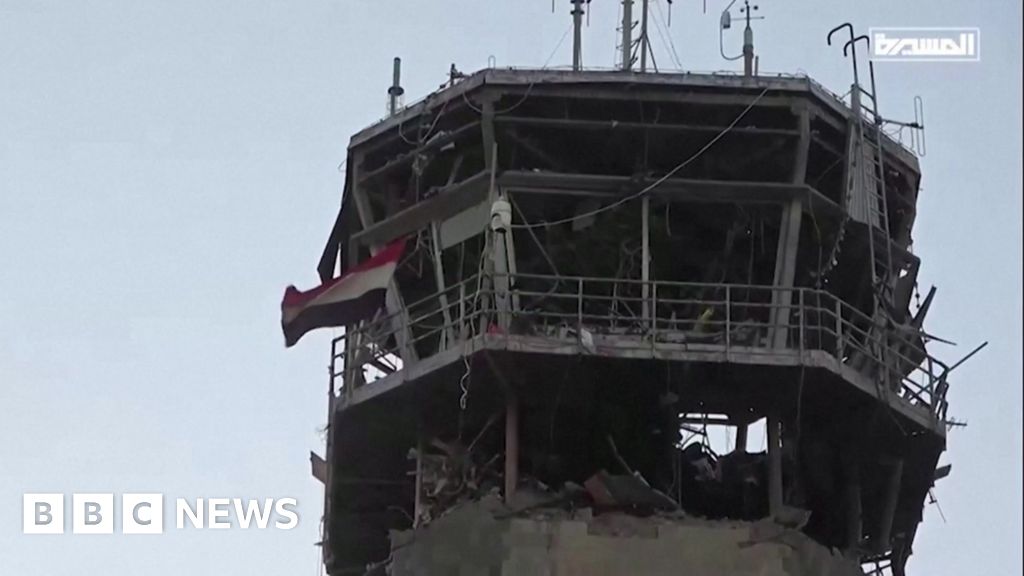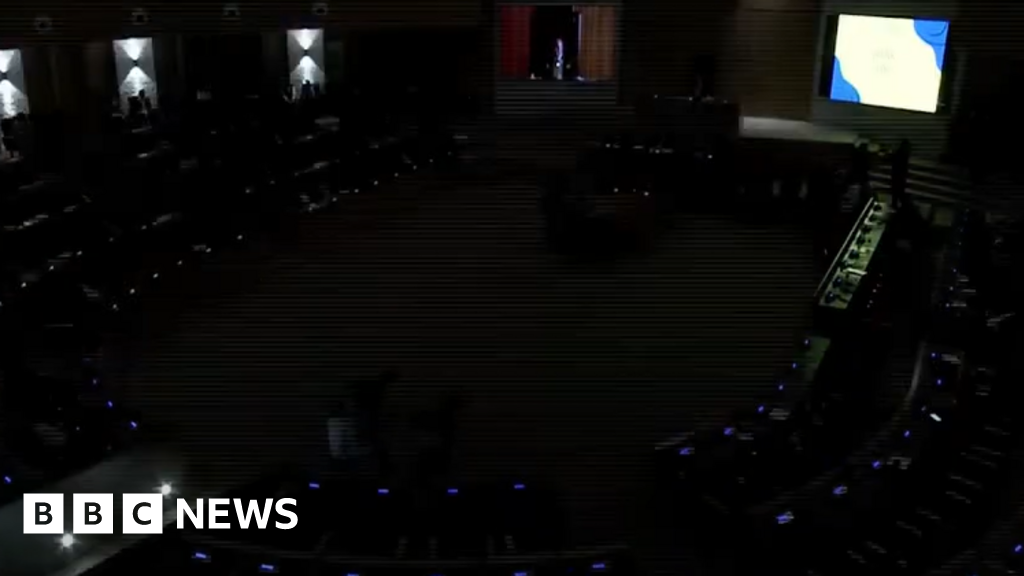BRITAIN faces decades of security threats from the "Axis of Evil" - but the UK is ready to fight, the defence chief says.
Admiral Sir Tony Radakin, the chief of defence staff, says the rules based international system that was established following WW2 is now "under immense strain".
The Remembrance Day warning comes as Donald Trump has achieved reelection to the US presidency this week - threatening to put alliances under strain.
Britain backed that system as it sought to prevent the horrors of the great conflagration from ever happening again.
But Radakin now says the bloc, led by China and Russia, has pushed the world into a more dangerous period.
From the Russian invasion of Ukraine to North Korea's sabre rattling to the Houthis blocking the Red Sea, the axis is pushing against the peaceful and prosperous world, Radakin writes in The Sunday Times.
He says: "The challenges we are experiencing are not bumps in the road.
"This is a new era of competition and contest that will last for decades and has the potential to be more disruptive to our economy and our security than anything Britain has experienced in modern times."
Despite this, Radakin says the UK is not in a terrible position.
Radakin says as a nuclear power, a G7 economy, and a member of Nato the UK should be confident.
He said: "Our response to these threats requires us to leverage not just our military capabilities, but our industrial strength, our technological and scientific base and our national wealth and most importantly our allies and partners."
One geopolitical fact he cites that should alert Brits to how small the world could be is that Pyongyang is closer to London than Los Angeles.
Touching moment Kate becomes emotional during standing ovation for heroes gathered on stage at Festival of Remembrance
That means any long-range ballistic missiles being tested by Kim Jong-un would hit Oxford Street before Rodeo Drive.
One report says Trump is could force Ukraine to accept a 800-mile buffer zone along the current front line with Russia and freeze the war in place.
Kyiv would also be prevented from joining Nato for 20 years and European troops would police the border.
In exchange, the US would continue to arm Ukraine to the teeth to prevent Putin from invading again.
Radakin told the BBC that the Russian people were paying an "extraordinary price" for Vladimir Putin's invasion, saying that October was the worst month for losses since the conflict began in February 2022.
He told the Sunday With Laura Kuenssberg programme: "Russia is about to suffer 700,000 people killed or wounded - the enormous pain and suffering that the Russian nation is having to bear because of Putin's ambition."
He said that while Russia was making gains and putting pressure on Ukraine, the losses were "for tiny increments of land".
The cost of the war, which he put at more than 40 per cent of public expenditure on defence and security, is also "an enormous drain" on Russia.
With the election of US president-elect Donald Trump casting doubt on US support for Ukraine, Radakin said Western allies would stand with them for "as long as it takes".
"That's the message President Putin has to absorb and the reassurance for President Zelensky," he said.
In 2018, when Trump was still president, he became so angered by several countries failing to fulfil the defence quota he threatened to pull out of Nato.
He threatened to wash the White House's hands of defending Europe if its own nations can't cough up for its defences.
The Republican also branded member countries "delinquents" in the defence spending and demanded they increase it immediately.
Several countries fell short of meeting the 2 per cent quota during Trump's tenure - and continue to.
Fears loom of World War Three

By Sayan Bose, Foreign News Reporter
IT is believed the world is closer to a full-fledged global war than it ever was since World War Two.
Russia's invasion of Ukraine in 2022 initially raised questions but ongoing conflicts involving Iran and the Middle East, China and Taiwan, and North Korea have the world holding its breath.
It's been over two years since Russian President Vladimir Putin launched a large-scale invasion of Ukraine and tensions between Russia and the West continue to rise.
Many fear the crisis in Ukraine could still develop into a wider armed conflict, with officials warning that further escalation could see the bloodiest conflict in Europe since WW2 if resulting in nuclear war.
What would happen if World War 3 started?
With the advancement of technology and modern weaponry, World War 3 could be the deadliest of all wars ever fought in the history of mankind.
We could see unparalleled levels of suffering, the displacement of millions, severe food insecurity, and disruption to essential services.
It is predicted that in the event of a nuclear war between the US and Russia, an estimated 99 per cent of the population in the belligerent countries, as well as Europe and China, would die.
Other attacks across the globe could result in catastrophic events - upending the structure of society completely.


















 English (US) ·
English (US) ·